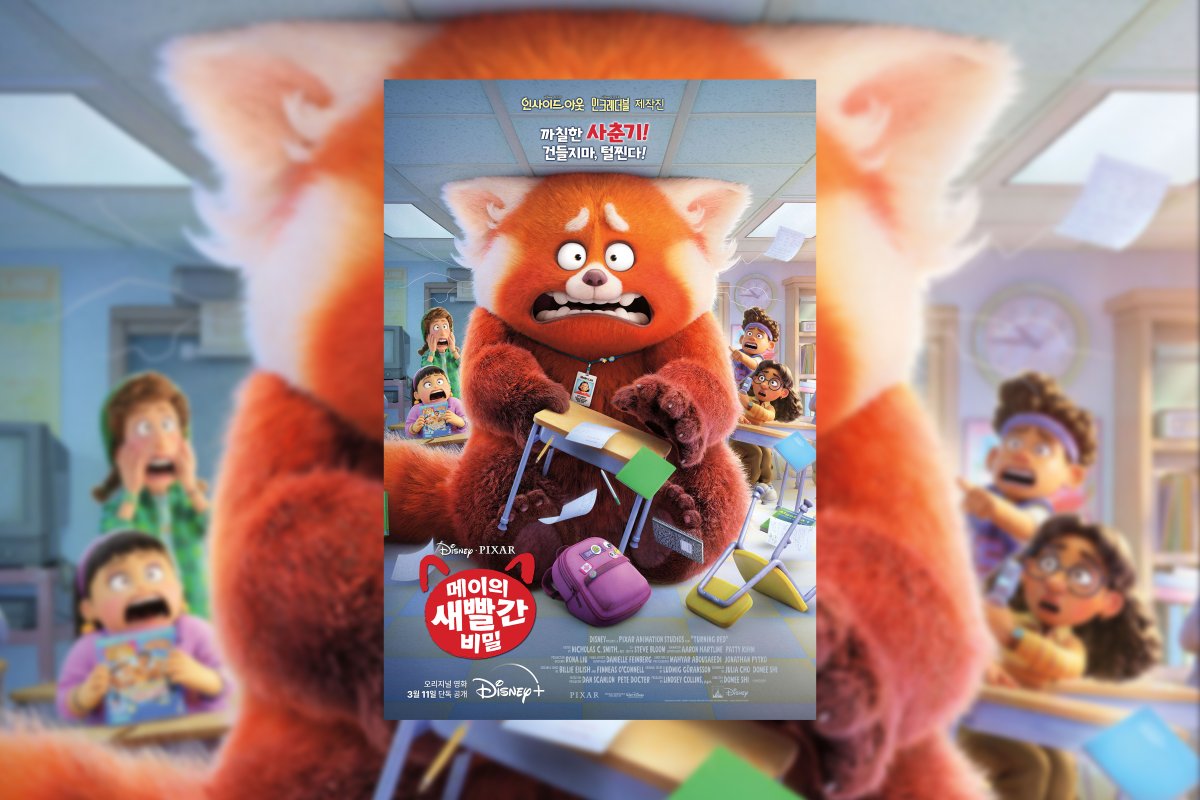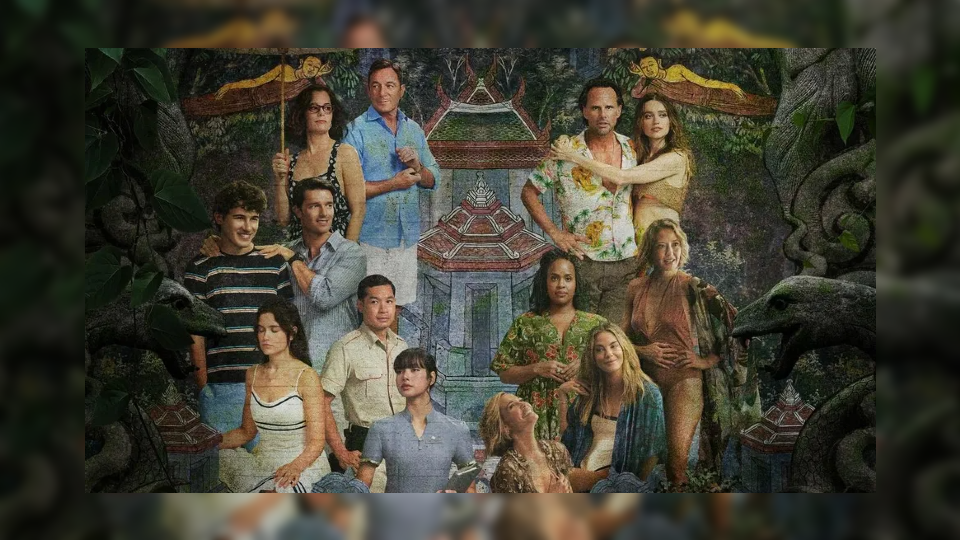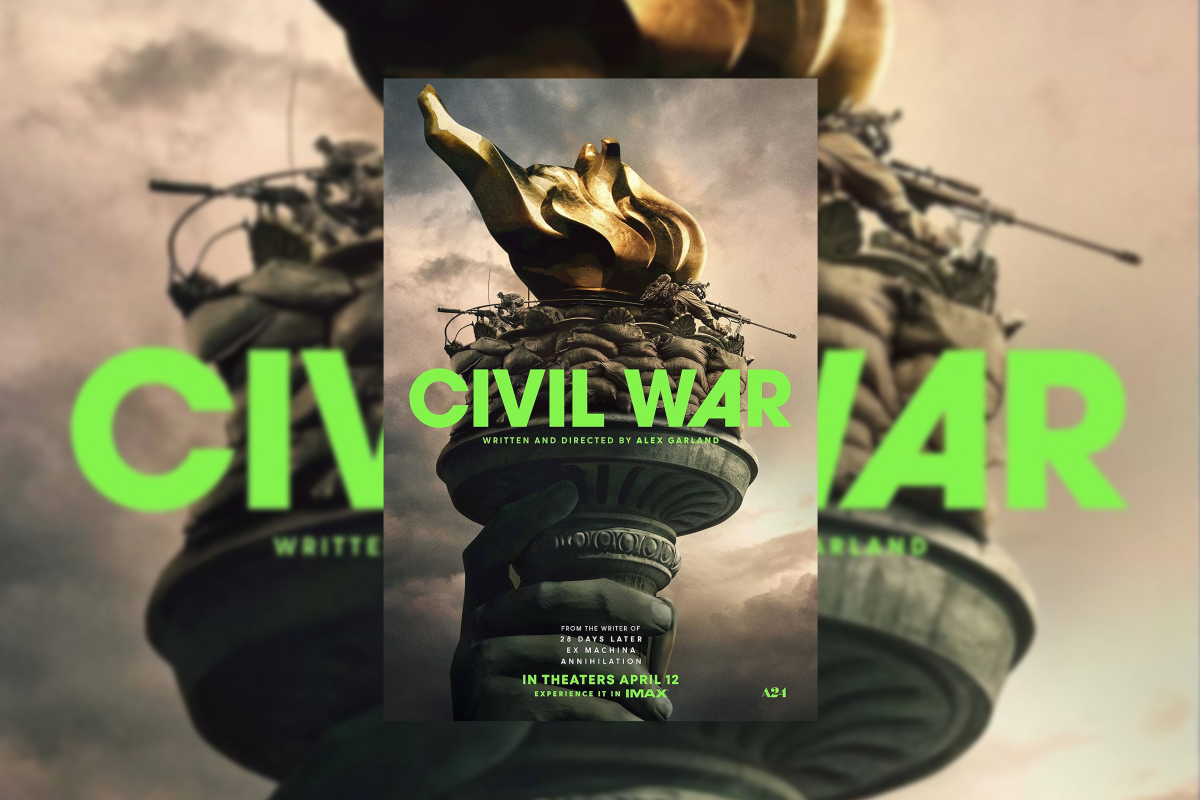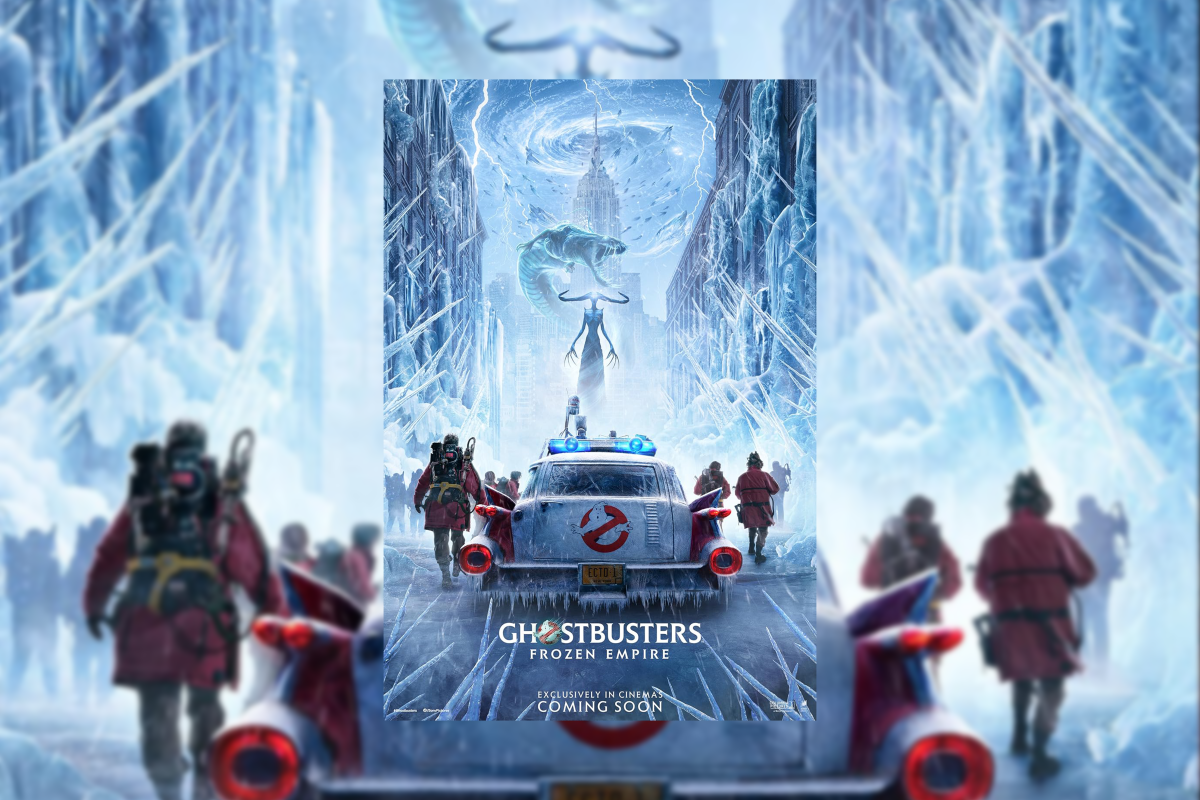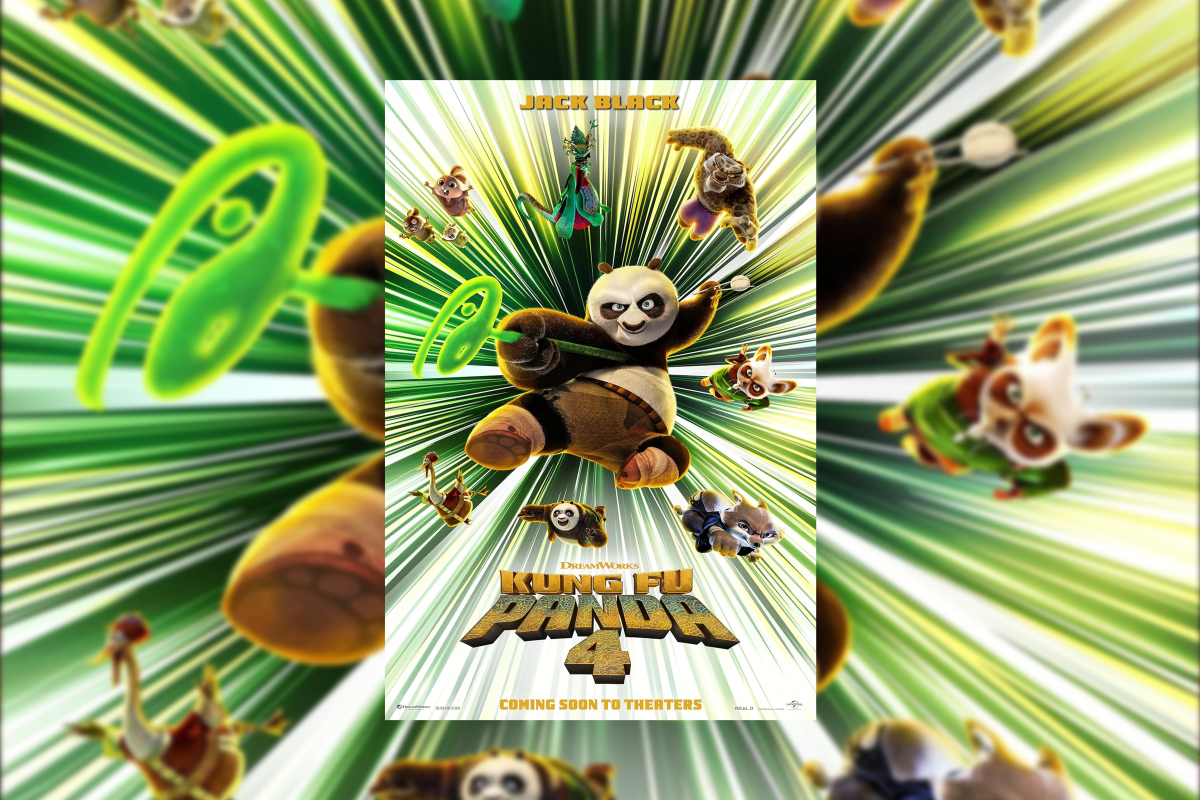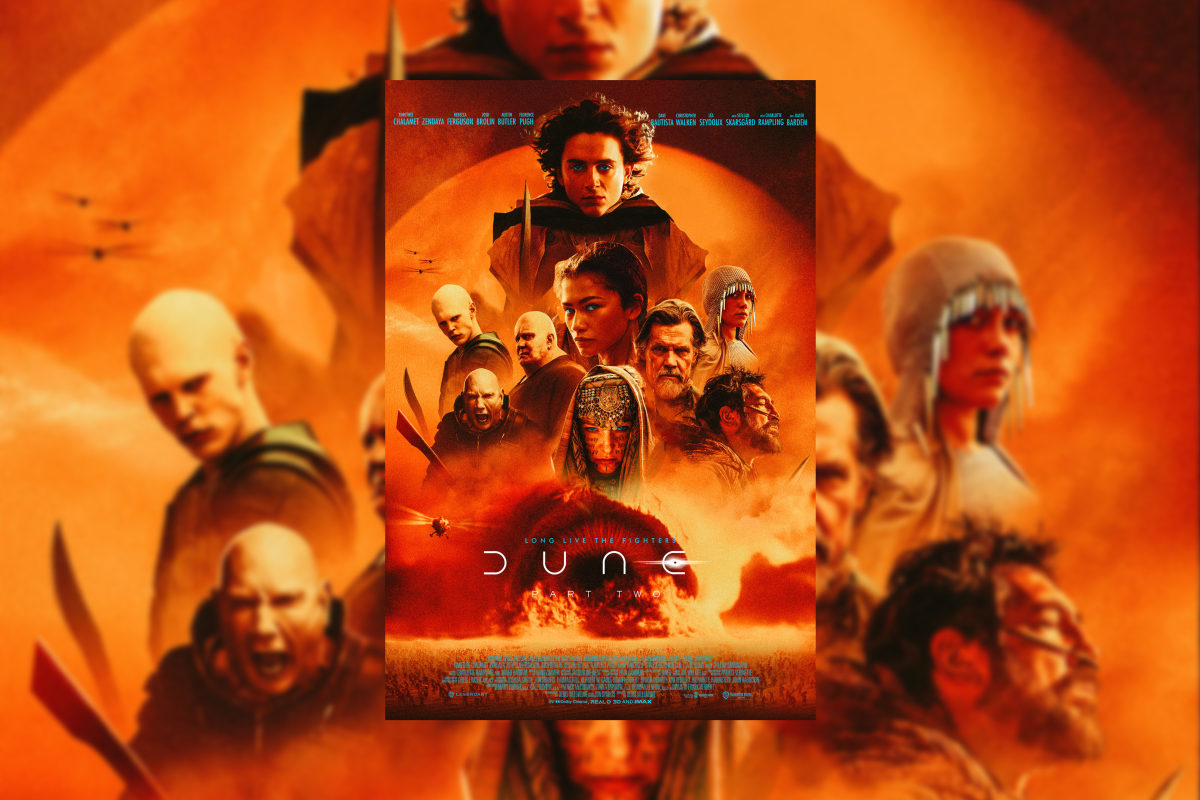For the record: I wanted to like “Turning Red.” The film is a follow-up to director Domee Shi’s Oscar-winning short “Bao,” a film about a man’s fraught relationship with his mother. The film is largely based around Shi’s childhood as a person of Asian descent in Toronto, one of the most diverse cities in Canada.
The context of the movie, both culturally and in Shi’s filmography, really grabbed my attention. So I gave it a shot.
And the cracks started to show almost immediately, starting with the premise. Mei, our protagonist, is a 13-year-old middle school student, with an unwavering focus on academic success. One day, she discovers that she has the power to turn into a giant red panda.
Initially, I felt that the red panda was a weird animal to center a movie around. They’re not particularly cool or cute or have any unique attributes. They just kind of exist. And I felt that way for a while, but the purpose became clear eventually. See, the reason Mei turns into a giant fluffy red animal is that the whole movie is a metaphor for puberty. Mei is turning red.
The writers decided to forego any sort of subtlety with this central theme. After Mei’s powers manifest, there’s a sequence where Mei’s mother, Ming (voiced by Sandra Oh), misunderstands her problem and loudly announces that she dropped off pads for Mei at school and embarrasses her in front of her friends.
That’s one of two scenes involving Ming with such poor writing that it practically ruined the movie for me.
At one point, Mei is drawing pictures of her and Devon, her crush, in a variety of romantic scenarios. Ming sees this, assumes Devon is Mei’s boyfriend, and storms to the convenience store where he works and berates him for dating her daughter, as Mei fails to convince her that she misunderstood the situation.
I’m not going to sugarcoat it: using miscommunication as a source of drama is the laziest thing a writer can do. It does absolutely nothing but frustrate the audience. And this scene is the inciting incident of the entire narrative. Mei’s powers, her conflict with her mother, and the generational story that comes into play later, all stem from this interaction.
This would be fine if the second major conflict carried more weight. Mei and her friends want to buy concert tickets and, to raise money, Mei uses her panda powers to essentially become a mascot, selling merch of her image and even getting paid to attend a birthday party in her panda form.
There’s one pretty big problem with this. This conflict is nothing. It’s a non-story. It’s a good premise for an episode of a Disney Channel show, but it has no business being in a feature-length film.
I think the worst sin the story commits is hiding another, more interesting story underneath it. Eventually, we find out that Mei’s family are descendants of an ancient warrior named Sun Yee, who was blessed by the gods with the power of the red panda. She passed that power down through her bloodline, to the point where all of the women in Mei’s family can harness this power.
They do nothing with this goldmine. I mean, there’s that big fight at the end with all the pandas that lasts about five seconds and a weird mirror dimension portal thing that Sun Yee makes a wordless cameo in.
All of these problems with the story would be easier to swallow if the bones of the project were solid. Now, objectively, the animation is pretty great. Everything moves fluidly and is very expressive. But I feel like they leaned way too hard into their anime influences, things feel jittery and over-stylized at times. There’s a particular shot where Mei and her friends make a big show of drinking soda and it’s just grotesque.
The art direction is horrendous. There are flashes of greatness here and there, such as the Sun Yee flashback sequence and the aforementioned mirror dimension. But the character design is just so…bleh.
Think of an anime. Now think of an anime drawn by Seth Macfarlane. That’s a pretty good idea of what we’re dealing with.
Lastly, the voice acting is the nail in the coffin. The characters’ tone and vocal mannerisms are so grating for reasons I can’t pin down, particularly the main character. Reviewing this movie feels like I’m punching down like I’m hitting an easy target that can’t fight back– especially because this is a kids’ movie, and those don’t have to be good, honestly.
But in the days since its release, I’ve seen nothing but glowing praise for “Turning Red.” And that praise isn’t saying that this is good for a kids’ movie. This is praise on its merit as a piece of art. And I just don’t see it.
For questions/comments about this story email [email protected] or tweet @TheWhitOnline

























































































































































!["Working with [Dr. Lynch] is always a learning experience for me. She is a treasure,” said Thomas. - Staff Writer / Kacie Scibilia](https://thewhitonline.com/wp-content/uploads/2025/04/choir-1-1200x694.jpg)









































